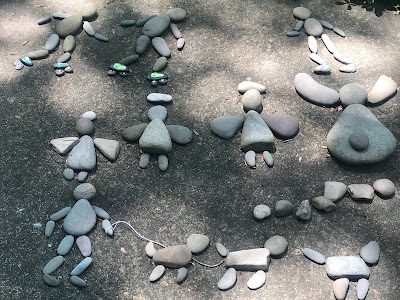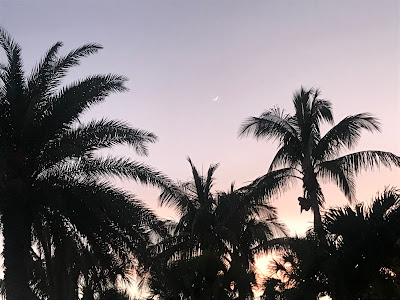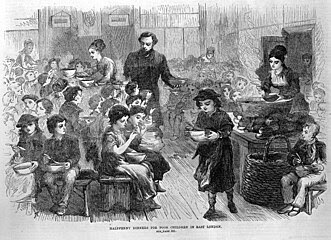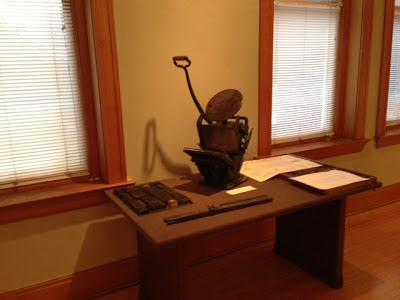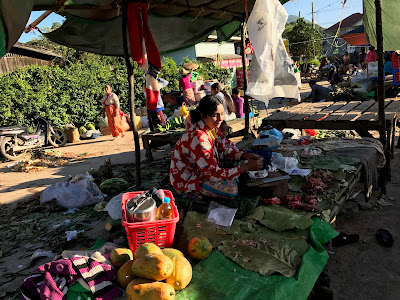World Without God

In class this week we covered atheism, its direct causes — the French Revolution, Darwin’s theory of evolution, and the new cosmology’s understanding of a much older universe — and indirect causes, too. Those are the most interesting to me.
The scientific method, with its emphasis on experimentation and the need for empirical evidence, created a skeptical mindset. Social theorists like Karl Marx and Sigmund Freud argued against religion, too: Marx said it was the “opium of the people”; Freud said it was a neurosis. These thinkers drew from the ideas of Ludwig Feuerbach, who argued that humans project their best qualities onto an external Being and call them God. More recent and vocal atheists include Richard Dawkins.
Atheism came into its own between 1789 and 1989 says Alistair McGrath in his book The Twilight of Atheism. “The fall of the Bastille became a symbol of the viability and creativity of a godless world, just as the fall of the Berlin Wall later symbolized a growing recognition of the uninhabitability of such a place.”
The professor teaching this class is Romanian. He knows firsthand that state attempts to banish religion generally have the opposite effect. He’s the perfect guide through this fascinating subject.



